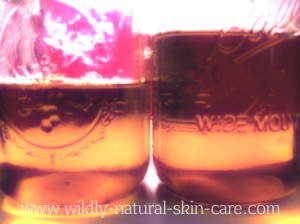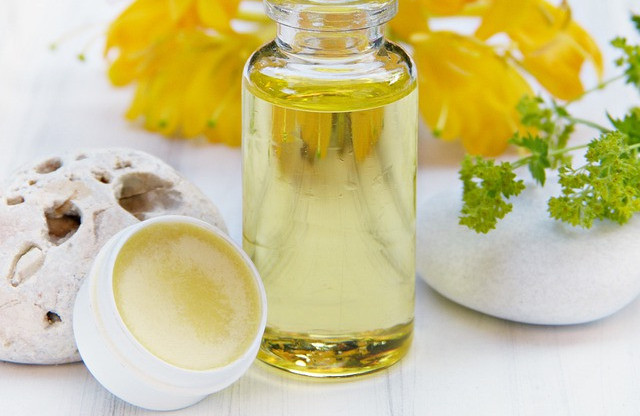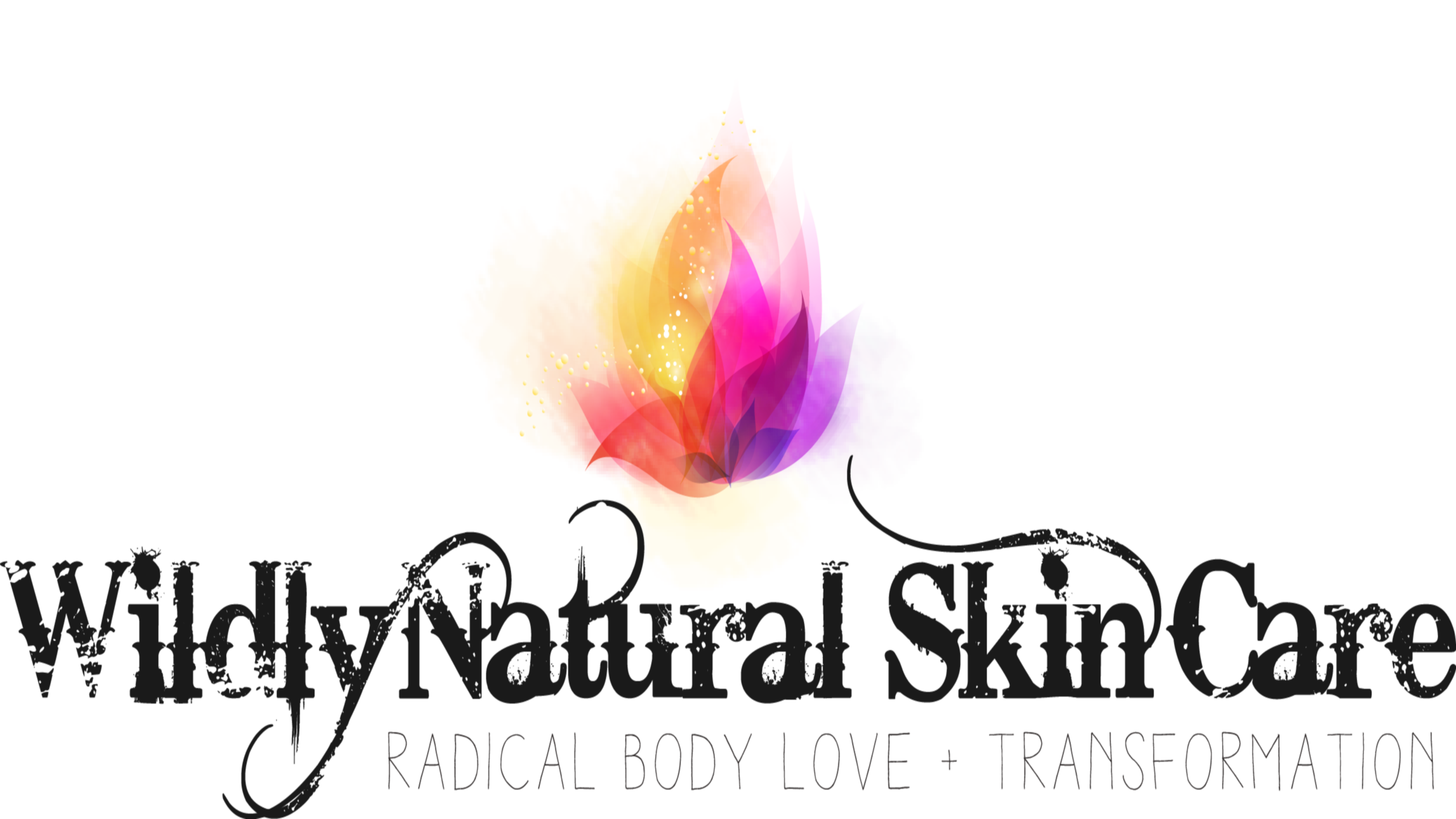
My love for natural skin care oils started when I was a teen and living on the beaches of North Carolina. I used to coat my skin in extra virgin olive oil to sun on the beach. My skin was healthier than ever.
Before getting into what can be considered a thorough primer into using skin oils, go over and check out all you need to know about natural oils to have beautiful skin. That will get you started on PERSONALIZING which oils you need for your unique skin type and conditions.
Natural skin care oils are very close to the Earth and carry the plants’ substance in every drop. No need to worry about secret ingredients or fake scents, plant oils are the real deal. Oh, and you can buy in bulk and simply add to smaller jars or bottles. I have seen simple oils repackaged and marked up by 400%!!!
The ancient practice of Ayurveda teaches that daily massage with oils is crucial for maintaining and creating vibrant health.
Before we get started, this is the best place to buy oils.
Oil imitates the sebum in the skin and has many functions:
- It is an emollient, which means it softens the skin and soothes roughness,
dryness or abrasions. It keeps the skin smooth, supple and lubricated. - It is protective, creating a barrier from moisture leaving the skin. The
moisture comes from water: that we drink and put on the surface through
cleansing, floral waters and toners. - Oils have many healing properties, including cell proliferation. They are good for a range of issues from cuts, cracks, rashes to skin conditions like acne, psoriasis
and eczema. Many oils contain antibacterial properties, being excellent
healers since they ward off infection while helping the skin to repair.
What Are Natural Skin Care Oils?
They are plant-derived fats from the seeds or fruit (mostly; though there are some animal-derived skin conditioners like ghee and lard). Carrier oil is another term for a natural skin care oil yet it implies the combination with (carrying of) another substance. While oils can be the basis for herbal-infused oils or aromatherapy oils, they also stand alone quite well.
Natural skin care oils are also called vegetable oils. I don’t prefer that term either, since most of the plants are not really considered “vegetables”.
Essential oils and natural skin care oils are totally different! Essential oils are a complex of chemicals within the plant extracted through distillation whereas natural skin care oils are the fats of the plant. Essential oils are concentrated and used in very small amounts (diluted too) while skin care oils can be used liberally and on their own.

Myths, Techniques & Lots of Creativity!
It is a common myth that oils are only useful for those with dry skin. On the contrary, many people have success treating acne with a combination of oils. Those with oily skin often find that stripping the skin of its natural oils will actually cause a chain reaction of more sebum production. Using a light plant oil will help to balance sebum production and clean the skin, whether dry, oily or somewhere in the middle.
There seems to be repulsion for some of being “greasy” or “oily”. I love the wildly natural feeling of dewy, somewhat oily skin! There are ways to counter over-oiliness that can happen when using oils as a moisturizer.
Techniques to practice to reduce oiliness:
- Choose the oils best suited for your skin type or condition
- Apply oils to just washed or to moist skin. Massage in well. Be sure to use only a small amount of oil. It is really lovely to wash with a nice cleansing grain, spray with some floral water and then apply a moisturizing oil.
- After a few minutes, you can gently dab off excess oil with a damp washcloth, particularly in areas where oil collects: nose, around eyes, chin.
I really love the creativity and choice involved when using plant oils! Simple oils (used one at a time, for example jojoba, coconut or olive oil- some of my favs) are just as effective as a blend (your imagination is the limit). They can become aromatherapy oils with the addition of plant-based aromatics or stay in their fresh, simple state.
And the effectiveness! There are so many kinds of oils from a large number of plants, each with a different ‘personality’ or make-up and set of uses. Once you get experience and intimacy with plant oils, you will become proficient at knowing what to use and when. For example, I love jojoba in the summer. It is light and even has a low SPF. In the winter, I opt for a heavier oil, like olive oil.
Certainly not the least of my loves is the sheer NATURALNESS of plant oils.
For Best Results, Choose Pure Plant Oils
Here is the low-down on some terminology when looking for skin care oils:
- Unrefined oils are not processed in any way, whereas refined or partially refined are. Refinement means bleaching or changing the true color, adding or removing scent and other alterations of the pure oil.
- Cold-pressed process is most preferable. It means that there is not additional heat used in the extraction process. Heat degrades oils and fats and so controlling temperature produces the finest and most potent oil.
- Expeller-pressed means the seeds (or other part) have been pressed out to yield the oil. This requires a simple, hydraulic-type press. Alternatives are chemical extraction, where a solvent is used to
force the oil out. I generally avoid chemical extracted oils, as residue of the solvent could be present.
Oils are used alone and as the basis for natural cosmetic formulations, for soaps, creams and so much more. Browse the column on the upper right to delve deeper into oils for skin care.
